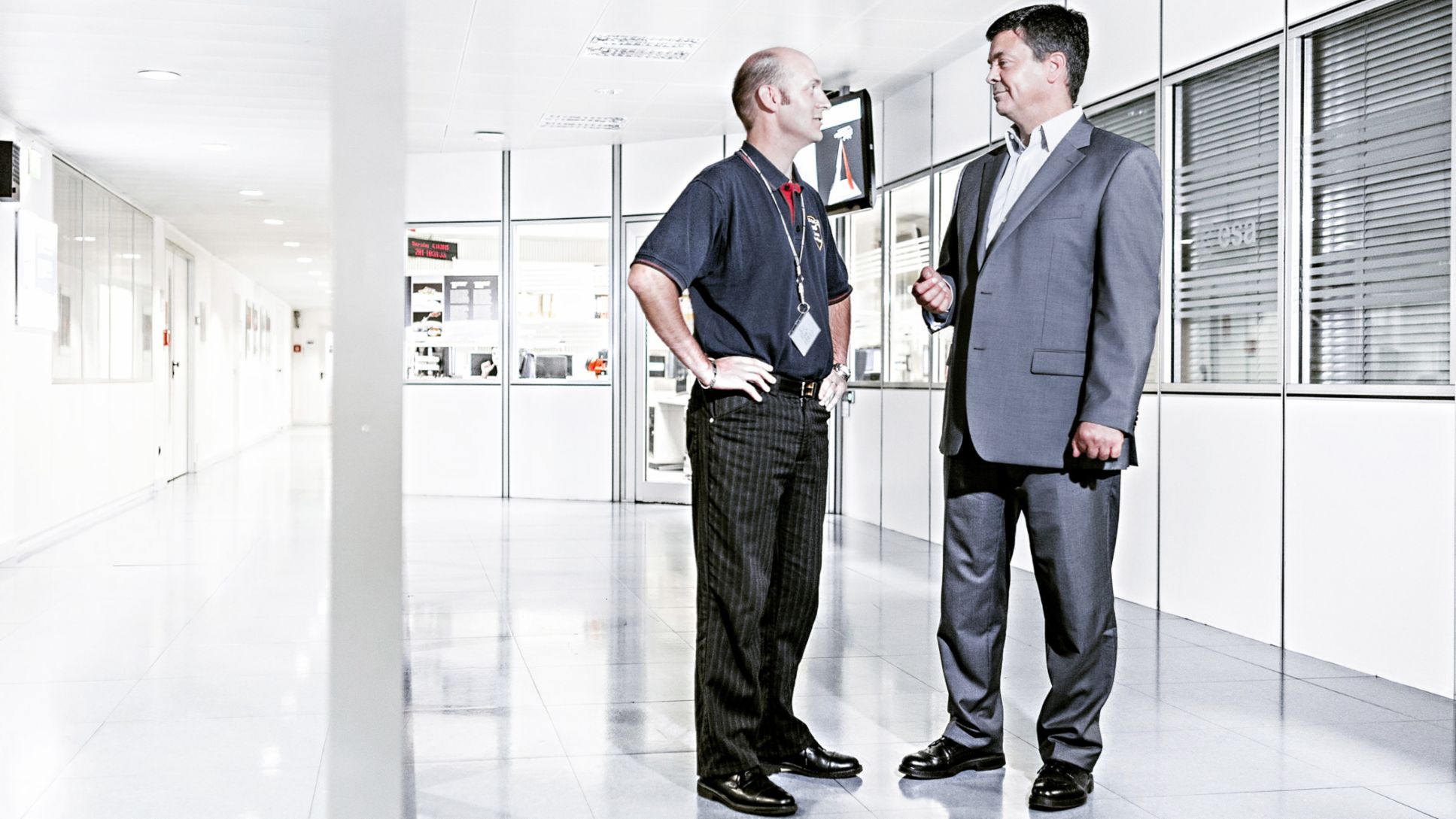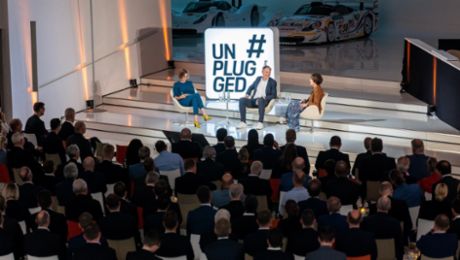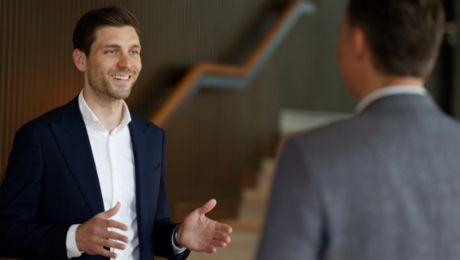When the ESA space probe Rosetta culminated a 10-year voyage through space by lowering its landing gear to the Churyumov-Gerasimenko comet on November 12, 2014, that was a real high point in the history of European space exploration. The high-tech spectacle took place at a distance of 400 million kilometers from Earth. Yet missions such as Rosetta are planned and controlled from Earth—for example, from the European Space Operations Centre (ESOC) in Darmstadt.
The ESA has a budget of 4.5 billion euros a year. More than three quarters of this flow back into the industries of the member states in the form of contracts. In addition to the construction of rockets and satellites, the contracts fund further development and maintenance of the ESA’s worldwide network of ground stations and highgain antennas, a series of scientific studies, and the awarding of contracts to specialized companies, which employ the majority of engineers working at ESOC. All of these contracts are the responsibility of the procurement department.
ESA employees worked together with experts from Porsche Consulting
The process for awarding contracts has to follow the ESA’s strict regulations, which ensure that the process will be fair, transparent, and make the best possible use of the funds entrusted to the agency by its 22 member states. So when a technical division proposes a purchase, a body known as the Tender Evaluation Board (TEB) lays the groundwork for the decision on who will receive the contract. The TEB is made up of representatives from the procurement and other departments. This ensures that each procurement project will be monitored from start to finish from different perspectives, and thereby have the most beneficial technical, economic, and contractual conditions. The TEB makes a recommendation to the ESA’s senior management, which then makes the final decision on awarding the contract.
The entire procurement process for the ESA’s top-end technologies generally takes several weeks. To reduce this amount of time without diminishing the great care taken in preparing for contract decisions, ESA employees in Darmstadt worked together with experts from Porsche Consulting. A comparison of the starting situation with an “ideal world” in which everything runs smoothly yielded an acceleration potential of 15 percent. To approach this ideal, the project team developed measures to enhance the different stages of the procurement process. The team took an especially close look at extreme cases: projects of an exceptionally long duration. “The consultants needed just a short period of time to understand the complex ESA regulations and our process, and use them as the basis for developing practical solutions,” reports Jörg Reinhardt, who directs the ESOC contract department.
About Porsche Consulting
Headquartered in Bietigheim-Bissingen, Porsche Consulting GmbH is a subsidiary of the Stuttgart-based sports car manufacturer Dr. Ing. h.c. F. Porsche AG. Founded in 1994 with a staff of four, it currently employs more than 380 people. An internationally active company with four subsidiaries of its own in Milan, São Paulo, Atlanta, and Shanghai, it is one of Germany’s leading management consultancies. Following the principle of “Strategic vision, smart implementation,” its experts advise large corporations and medium-sized companies worldwide in the automotive, aviation and aerospace, and mechanical and plant engineering industries. Clients also come from the financial services, consumer goods, retail, and construction sectors.
Info
Text by Haiko Prengel // Photo by Christof Mattes




